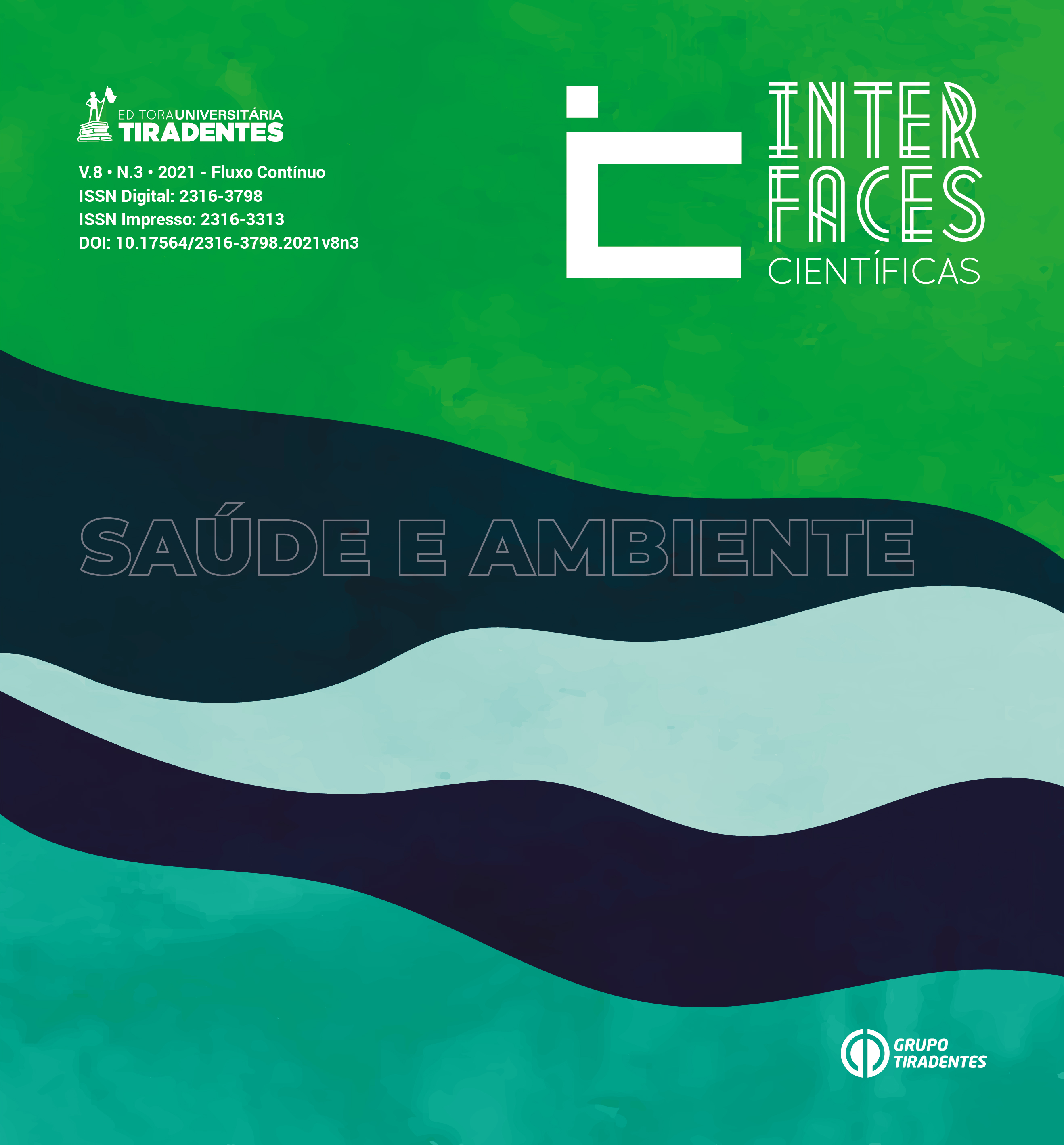HIGH SCHOOL STUDENTS' PERCEPTION OF VENOMOUS ANIMALS
DOI:
https://doi.org/10.17564/2316-3798.2021v8n3p498-511Published
Downloads
Downloads
Issue
Section
License
Autores que publicam nesta revista concordam com os seguintes termos:
a. Autores mantêm os direitos autorais e concedem à revista o direito de primeira publicação, com o trabalho simultaneamente licenciado sob a Licença Creative Commons Attribution que permite o compartilhamento do trabalho com reconhecimento da autoria e publicação inicial nesta revista.
b. Autores têm permissão e são estimulados a distribuir seu trabalho on-line (ex.: em repositórios institucionais ou na sua página pessoal), já que isso pode gerar aumento o impacto e a citação do trabalho publicado (Veja O Efeito do Acesso Livre).
Abstract
ABSTRACT
Interested in promoting reflections that favor educational actions aimed at biodiversity conservation, which can minimize the loss of biodiversity and promote the recovery of ecosystems, we wondered about the importance of venomous animals (snakes, scorpions and spiders), which are culturally accosted and little understood by society, but potentially relevant to promote an environmental balance. In this sense, this study aims to identify what perceptions high school students of a public vocational college mobilize in relation to venomous animals. Data collection was carried out from a qualitative analysis, by means of semi-structured questionnaires, applied to fourteen students of technical courses in Informatics and Fashion Production, integrated to the High School of a professionalizing college in the northwest of Paraná. The method used for data analysis was Textual Discourse Analysis, which allowed us to identify and categorize the students' perceptions. As results it was possible to observe that there is fear and misunderstanding associated with venomous animals, together with a lack of knowledge about the habits and scientific concepts about the preservation of these animals and their importance for the ecological balance. Moreover, the research participants believe that these animals are important for the environment. This work comprises the investigations of the XXXXXXXXXXXXXX Research Group and is the result of the Master's dissertation entitled "XXXXXXXXXXXXXXXXXX", authored by the first author of this article.
Keywords: Environment. Environmental Sciences. Venomous.




















